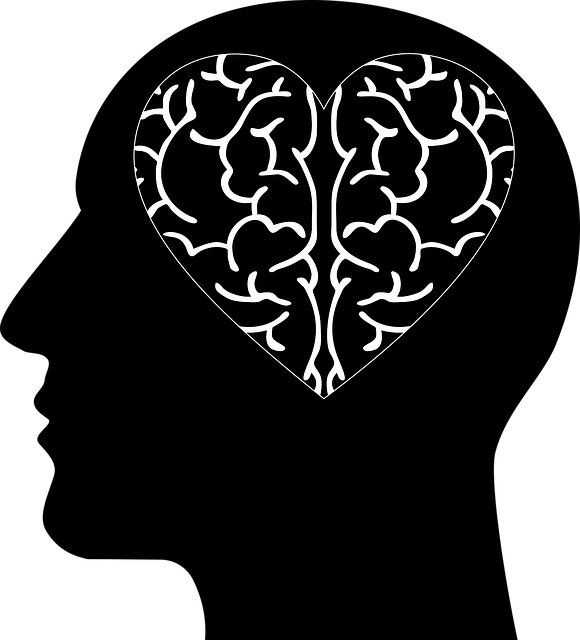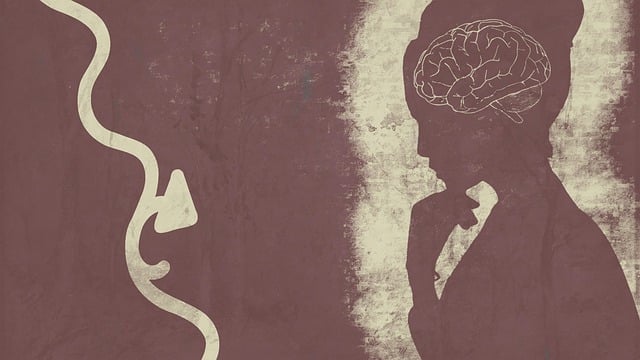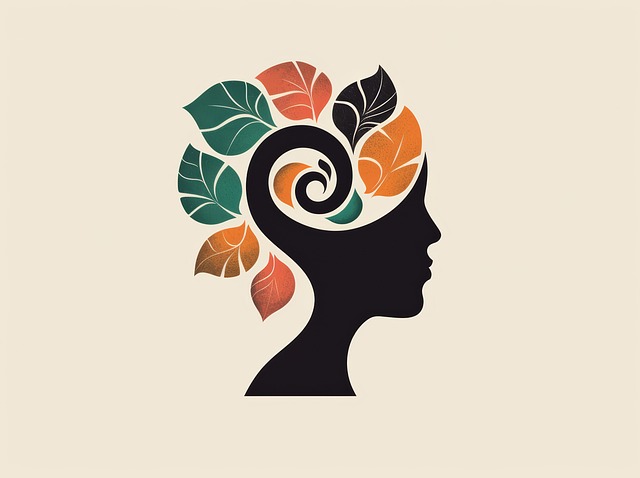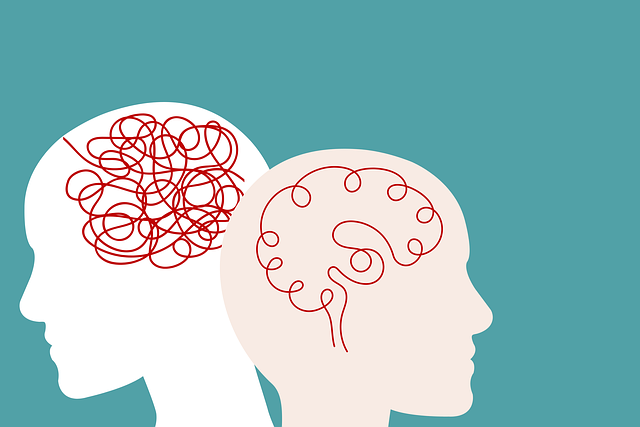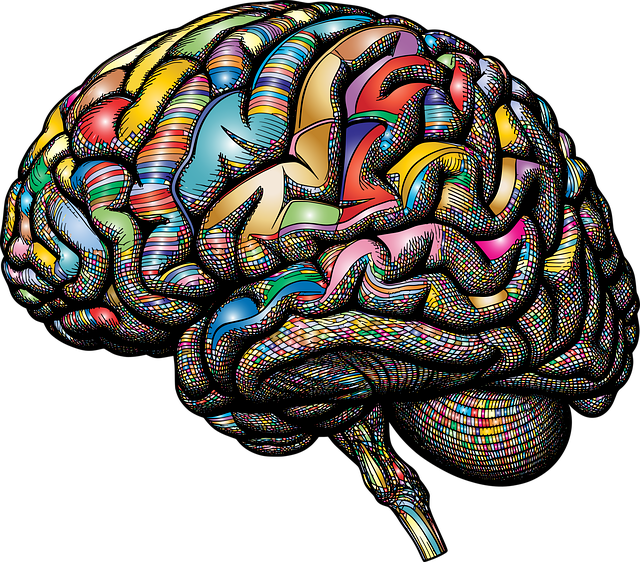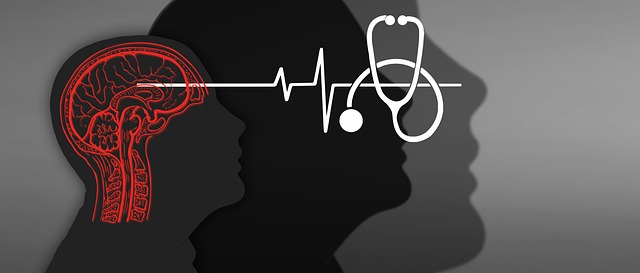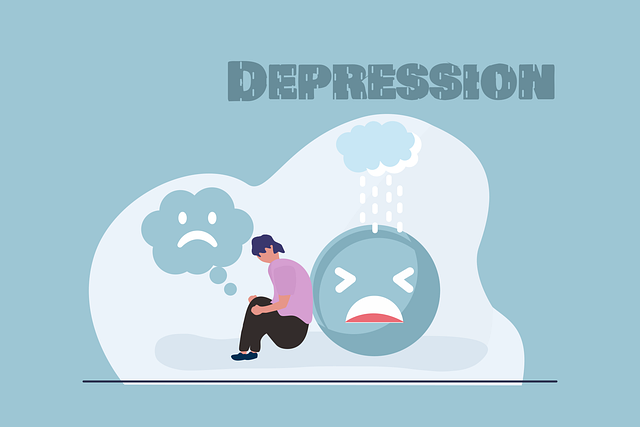Cultural competency in healthcare, focusing on therapy for young children and first responder interactions, is crucial yet often neglected. Training equips providers with tools to understand and respect diverse cultural backgrounds, enhancing trust and communication. For young patients, this fosters safer, more inclusive environments, leading to improved therapy outcomes. First responders gain strategies to de-escalate tensions and offer tailored support, benefiting diverse communities and ensuring better overall healthcare for all, especially in vulnerable populations.
Cultural competency is an essential aspect of modern healthcare, especially when interacting with young children and first responders. This article explores the profound impact of cultural understanding on therapeutic sessions involving children, highlighting the presence of unconscious biases that can hinder progress. We delve into effective training strategies to enhance cultural sensitivity among healthcare professionals, ultimately aiming to improve outcomes for young patients and first responder interactions. By addressing these issues, we strive to revolutionize healthcare delivery.
- Understanding Cultural Competency in Healthcare: Why It Matters for Young Children and First Responders
- The Impact of Cultural Biases on Therapy Sessions with Children
- Training Strategies to Enhance Cultural Sensitivity for Healthcare Professionals
- Real-World Applications: How Cultural Competency Improves Outcomes for Young Patients and First Responder Interactions
Understanding Cultural Competency in Healthcare: Why It Matters for Young Children and First Responders

Cultural competency in healthcare is an essential aspect that often goes unnoticed but significantly impacts various interactions, especially when dealing with young children and first responders. It involves understanding and respecting diverse cultural backgrounds, beliefs, and values to provide tailored care and support. In the context of therapy for young children, cultural sensitivity is crucial as it allows healthcare providers to create a safe and inclusive environment, fostering better engagement and outcomes. Children from different ethnic and cultural groups may have unique communication styles, emotional expressions, and perspectives on health and illness.
For first responders, such as emergency medical technicians or police officers, cultural competency training is vital for effective crisis intervention guidance. Many communities have diverse populations with varying cultural norms and practices that can influence how individuals react during stressful situations. By incorporating mental wellness journaling exercise guidance and designing comprehensive mental health education programs, first responders can better navigate these differences, de-escalate tensions, and offer appropriate support, ensuring a more responsive and sensitive approach to community care.
The Impact of Cultural Biases on Therapy Sessions with Children

Cultural biases among healthcare providers can significantly impact therapy sessions with young children, often leading to miscommunication and missed opportunities for effective treatment. When a child’s cultural background is not fully understood or respected, therapists may unintentionally perpetuate stereotypes or use approaches that are not culturally sensitive. This can create a barrier to building trust and rapport, essential elements in therapy for young children.
First responders, such as teachers and healthcare professionals, play a crucial role in recognizing and addressing these biases. They must be equipped with communication strategies that promote understanding and empathy towards diverse cultural practices and beliefs. Stress management workshops organized by mental health organizations can help first responders develop resilience to cultural challenges, ensuring they provide the best possible care for children from all backgrounds, including depression prevention interventions tailored to each child’s unique needs.
Training Strategies to Enhance Cultural Sensitivity for Healthcare Professionals

Healthcare provider cultural competency training is a multifaceted approach designed to enhance sensitivity and understanding among professionals interacting with diverse patient populations. Effective strategies include immersive experiences, role-playing scenarios, and interactive workshops that encourage active participation. These methods not only educate but also foster a deeper appreciation for different cultural perspectives, helping providers navigate complex interpersonal dynamics with enhanced empathy.
Tailored programs can specifically address the unique needs of first responders and therapists working with young children. Incorporating confidence-boosting activities alongside compassion cultivation practices can significantly improve outcomes. By developing coping skills that bridge cultural gaps, healthcare professionals become better equipped to deliver personalized care, ultimately enhancing patient satisfaction and health outcomes, especially in diverse communities.
Real-World Applications: How Cultural Competency Improves Outcomes for Young Patients and First Responder Interactions

Cultural competency training is not just theoretical; it has real-world applications that significantly impact healthcare outcomes for young patients and interactions with first responders. When healthcare providers are equipped with the skills to understand and respect diverse cultural beliefs, they can create safer and more welcoming environments for children from various backgrounds. This, in turn, fosters trust, encouraging young patients to openly communicate about their health concerns, even those related to sensitive topics like mental health.
For instance, training in cultural competency might include learning about stress reduction methods tailored to different cultures, which can be incorporated into therapy sessions for young children. By recognizing and addressing cultural barriers, healthcare providers can facilitate emotional healing processes and inner strength development in vulnerable populations. Similarly, first responders benefit from this training as it enables them to respond sensitively during critical interactions, ensuring that every individual receives the best possible care regardless of their cultural background.
Cultural competency training is not just a moral imperative; it’s a powerful tool to enhance healthcare delivery for young children and first responders. By recognizing and addressing cultural biases, healthcare providers can create more inclusive and effective therapy sessions. Through targeted training strategies, professionals gain the sensitivity needed to better understand and meet the diverse needs of their patients and clients, ultimately improving outcomes in both clinical settings and emergency responses. Investing in this type of education is a game-changer that fosters stronger connections and better care for all.




